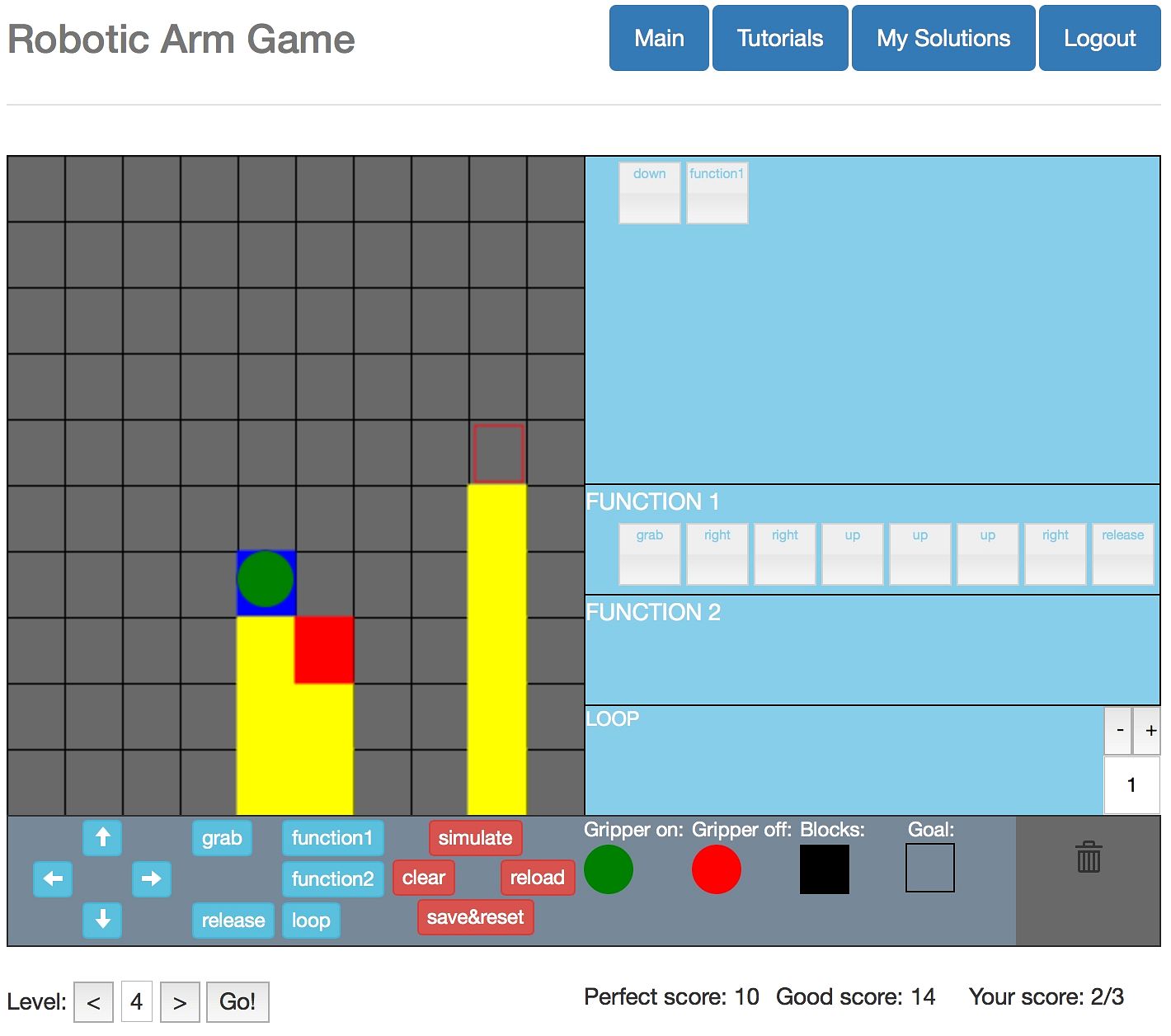Three groups of five master students presented their results at the end of this year’s Building Serious Games project-based course on January 20. It is no mean feat to quickly build a multidisciplinary group with previously unknown students from other faculties to deliver a tested game prototype for an external commissioner in ten weeks.
“All groups understood the challenge to make a convincing game prototype with functionality and game play as the focus, and not a polished end product” said course instructor, associate professor Rafael Bidarra of the Computer Graphics and Visualization Group at the faculty of Electrical Engineering, Mathematics and Computer Science.
Timmy’s Turbines
The Wind Energy department of Aerospace Engineering wants a game to make learning about wind turbines more entertaining as part of a massive open online course they are developing for MOOC provider edX. The group modelled the complexities of wind turbine design and management. Through tutorials the player learns about power output in relation to height and rotor blade length, power losses over distance, and paying for and maintaining a wind farm. The player then plays defensively, deploying turbines in the landscape, to generate enough electricity to pump water away to prevent a city from being flooded.
The Labyrinth of Privacy
The Privacy Hunters group, with TNO as their commissioner, prototyped a game to make 10-15 year old children using social media aware of the dangers to their online privacy. The goal was to promote a trusting but prudent attitude, while exposing themselves online to people with malicious intent and using fake identities to obtain their personal data. They focused on these abstract concepts to make them realise the consequences of their own online behaviour. In the multi-player game, 10 players in two teams compete to retrieve 4 trophies in a 3D maze environment with doors. The game play involves much exchange of information between players to get the data keys to unlock the doors but all team mates are anonymous.
Robotic Arm Game
The third group developed a simple platform with a 2D graphic interface where players aged between 8 and 14 can experience the challenge of programming a real robot. TU Delft’s Science Centre and Robotics Institute were the commissioners. Kids can play the game online from home or on a real robotic manipulator at TU Delft’s Science Centre. Players can play the first two levels for a limited time at the Science Centre where they have to solve a puzzle in as few steps as possible. Through tutorials players learn the tools and commands of basic programming concepts to carry out consecutive moves, such as functions and loops. They can go home, develop their script then come back and try it out on the robot.



Comments are closed.